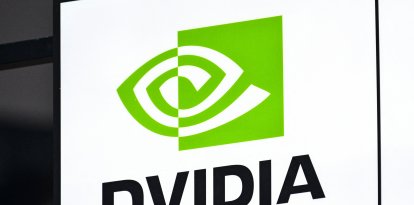Congress bans its staff from using DeepSeek over security concerns
The U.S. government is also investigating whether the Chinese startup managed to circumvent trade restrictions to access advanced Nvidia semiconductors.

DeepSeek
In an effort to mitigate security risks, the U.S. Congress has banned its staff from using DeepSeek, an artificial intelligence chatbot created by a Chinese startup, which has gained notoriety due to its outstanding performance in the competitive U.S. AI market.
According to a report from Axios, staff are prohibited from installing the chatbot on any official phone, computer or tablet. The move is in response to concerns that malicious actors may be exploiting DeepSeek to distribute malware, putting the security of official congressional devices at risk.
"At this time, DeepSeek is under review by the CAO (Chief Administrative Officer) and is currently not authorized for official use," the Administrative director stated in a notice to legislative offices, according to Axios.
This is not the first time restrictions have been placed on artificial intelligence technologies. In 2023, Congress limited the use of ChatGPT, allowing only the paid version for specific tasks. The use of Microsoft Copilot was also banned, since it was considered a threat due to its potential to leak data to unapproved cloud services.
Semiconductor purchase investigation
In addition to security concerns, the U.S. government is investigating whether DeepSeek managed to circumvent trade restrictions to access advanced semiconductors from Nvidia. Sources close to the investigation have indicated that the Chinese company may have acquired Nvidia chips through intermediaries in Singapore, circumventing U.S. restrictions on the sale of chips used in artificial intelligence, a technology of high strategic interest.

Technology
The launch of DeepSeek caused the worst fall in Nvidia's history: -$589 billion in market value
Joaquín Núñez
U.S. restrictions on Nvidia chips
In addition to direct sanctions on China, the U.S. has expanded its trade regulations to include more countries that could serve as intermediaries, such as Singapore. Since 2023, restrictions on chip exports have been extended to more than 40 countries, and beginning in 2024, they apply more stringently to shipments. Singapore, which accounts for a significant portion of Nvidia's revenue, is now at the center of these new measures.


























